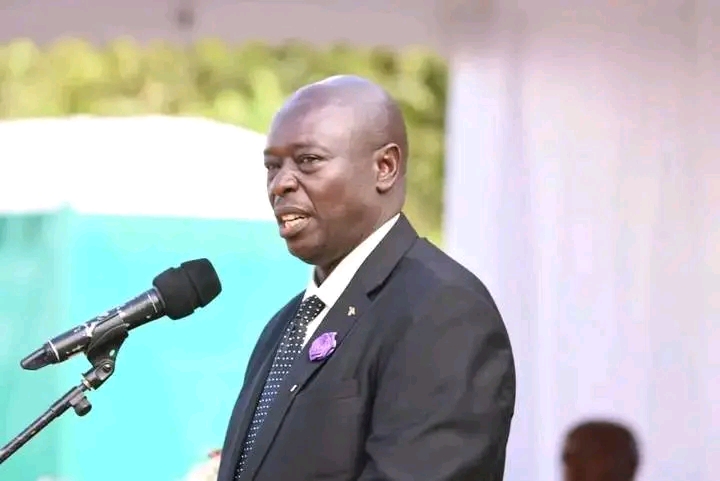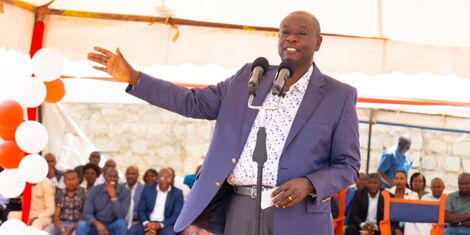

By Felix Wanjala.
Former Deputy President Rigathi Gachagua finds himself in trouble once again after the National Cohesion and Integration Commission (NCIC) summoned him over remarks he made suggesting the possibility of post-election violence similar to that witnessed in 2007–2008, should the Independent Electoral and Boundaries Commission (IEBC) fail in its mandate.
The NCIC has warned that inflammatory statements by senior political leaders could incite hatred and trigger conflict across the country.The commission also revealed that investigations are ongoing against 28 other political figures accused of promoting incitement and divisive rhetoric among Kenyans.
Under Section 62(1)(a) of the Act, any person who uses words likely to incite feelings of contempt, hatred, hostility, violence, or discrimination, thereby affecting harmonious coexistence between different ethnic groups, may be summoned.

Statements that undermine national unity or the authority of the President, who is the symbol of national unity, can lead to summons. Engaging in ethnic profiling or making statements that could incite ethnic violence or discrimination is another basis for summons.
Under Section 63 of the Act, failure to appear before the NCIC when summoned is an offense. The NCIC collaborates with the Directorate of Criminal Investigations and the Office of the Director of Public Prosecutions to investigate and take appropriate action against such offenses .If you are summoned by the NCIC, it’s advisable to consult with a legal professional to understand your rights and obligations under the law.





